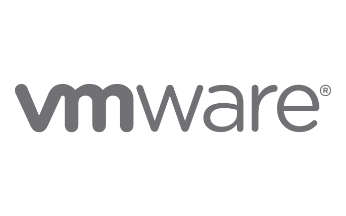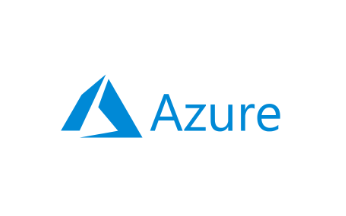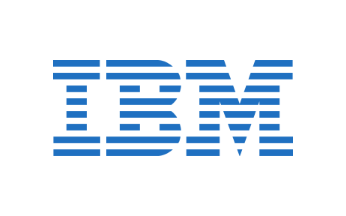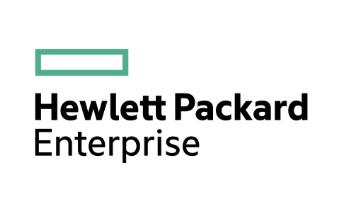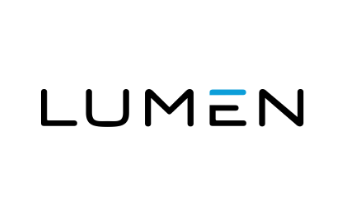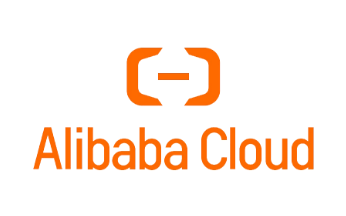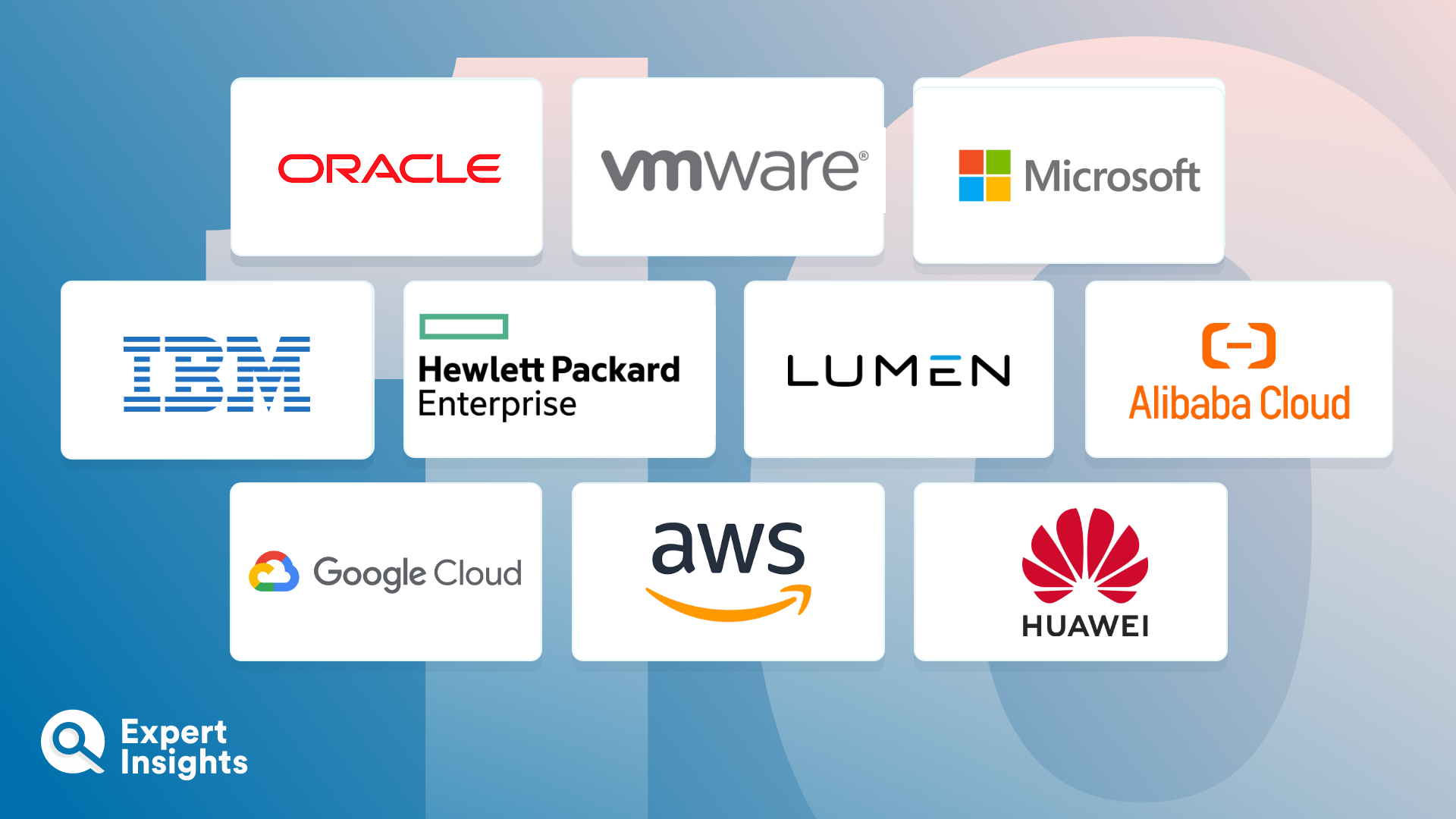Cloud Infrastructure-as-a-Service (IaaS) is a cloud computing service model where virtualized infrastructure and computing resources are offered to companies via the internet. IaaS is often regarded as a pillar or foundational building block for cloud computing. Utilizing IaaS allows businesses and organizations to be able to avoid the complexities, headaches, and steep costs associated with implementing and maintaining their own physical servers and data centers. IaaS vendors can provide all the foundations to build your own cloud environment, which can be modified and scaled as needs and requirements change.
Using IaaS to build your cloud environment brings a wealth of benefits; it offers flexibility, scalability, and cost reduction. IaaS allows businesses to manage their infrastructure in a consolidated and structured way, with dashboard and APIs allowing real-time adjustment to resources in response to demand. For organizations that are developing new applications, expanding their operations, or even running complex simulations, IaaS can provide the on-demand cloud infrastructure that they need without the long-term commitment.
The cloud IaaS market has enjoyed a boom in recent years; this is partly in response to a rise in companies migrating to the cloud. There are many cloud IaaS providers offering a range of features, with their own strengths and benefits. Some key features include virtual machine hosting, object storage, and networking capabilities. Some solutions are suitable for small businesses, while others are designed to operate at scale.
In this guide, we’ve compiled a list of some of the best cloud IaaS vendors on the market. Each listing will explain the key features and benefits of the product, and considering factors such as pricing, scalability, performance, security, and customer support. Through studying these listings, it should make the task of choosing a solution for your organization easier.





